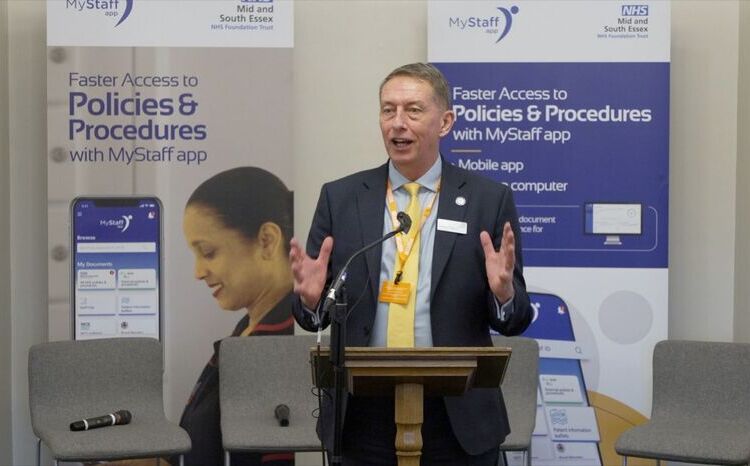New ‘smart pill’ to track adherence
- 17 May 2010
A new ‘smart pill’ has been developed by researchers at the University of Florida that allows doctors to better monitor whether their patients are taking the drugs as prescribed.
The standard-size pill capsule includes a microchip and digestible antenna that transmits information once swallowed.
According to an American Medical News report, once the pill is swallowed, the microchip uses the antenna to send a message to an electronic device carried by the patient. The device then relays the signal to a cell phone or laptop to inform physicians or family members that the patient has taken the medication.
In addition to boosting prescription adherence, the researchers say the new capsule could improve the effectiveness of clinical trials by ensuring that participants take medications.
Rizwan Bashirullah, assistant professor of electrical and computer engineering at the University of Florida, said the pill had tested successfully on artificial models and cadavers.
The University of Florida has created a company that aims to bring the new capsule to the market, beginning with working to receive FDA approval.




